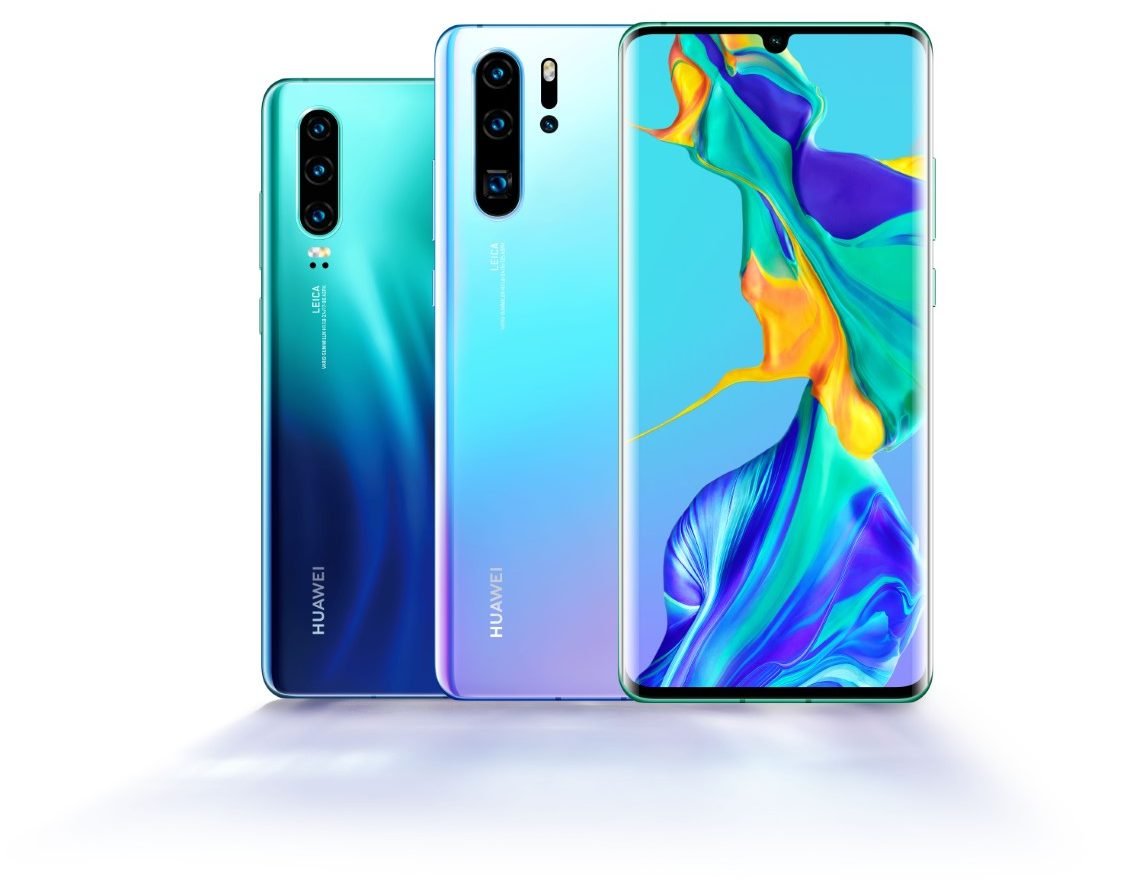Huawei has been in the news a lot in the last couple of months, after the US placed the company on its Entity List, prohibiting US companies from skinny business with the Chinese manufacturer.
While onlookers have guessed that this is likely to result in loss of sales, a Bloomberg report today sheds some light on the damage – and it’s not good.
Declining shipments
Huawei founder Ren Zhengfei spoke at a panel in Shenzhen on Monday, confirming that Huawei’s international shipments are already down by 40% in the past month. “We didn’t expect the damage to be this serious”, he said. It’s a curious position when the rest of the industry … well, did.
According to the report, the company’s sales – last year, about 206 million units – are split roughly down the middle as domestic (China) vs international sales. If this trend continues the company could well see a quarter of its shipments evaporate and a massive market contraction.
Bloomberg says Zhengfei expects the ban to wipe US$30b from the company’s revenue in 2 years. That’ll wipe out the company’s growth, although it’s expected to continue its R&D investments and operate without layoffs. Whether that rosy forecast extends beyond 2 years (or makes it to the 2 year mark) is unknown.
Public perception
Public perception of the company following recent headlines isn’t great. Consumers are second-guessing whether they should buy that Huawei phone with uncertainty hanging over the future of its software updates. The company name has become the bogeyman that’s made light of in conversation – don’t say anything about them, they might be listening (it’s unlikely the company prefers this over the public’s previous stance on them – simple confusion over how to pronounce their name).
We didn’t expect the damage to be this serious.
Huawei has a high profile device launching overseas shortly – the Honor 20 – but that device is reportedly seeing little interest from consumers and carriers. Perhaps this is where Huawei’s collective surprise at the game done to the brand is coming from.
The company is in an unenviable position, with serious questions raised over the future of its consumer businesses.

While the company doesn’t sell handsets in the US, it’s generally thought that is going to struggle to manufacture them. The company needs some agreements from US businesses to obtain some hardware and software for its upcoming handsets.
Faced with the prospect of losing access to Google services, the company is said to have developed its own alternative to Android – alternatively known as Hongmeng or Ark OS depending on the report – and its own app store. Neither of these options are particularly palatable to a western audience.
If Huawei’s placement on the Entity List isn’t resolved, its stockpile of components is going to run dry and it’s going to have to push forward with software options that seem unlikely to win favour.
Even assuming that will happen, the question has to be posed – how will he company recover from the massive blow it’s been dealt in the public space? It’s unclear whether delivering killer cameras will be enough to attract consumers to hardware that’s running an unproven operating system without Google’s apps.





Huawei to Verizon: you pay $2Bn for using our 5G patents
Well as Huawei holding 15% of 5g patents I am waiting for China to shut down 5g in the US by denying access to those patents. Then China cuts of the US to rare earth minerals and the US will pay for the orange moron.